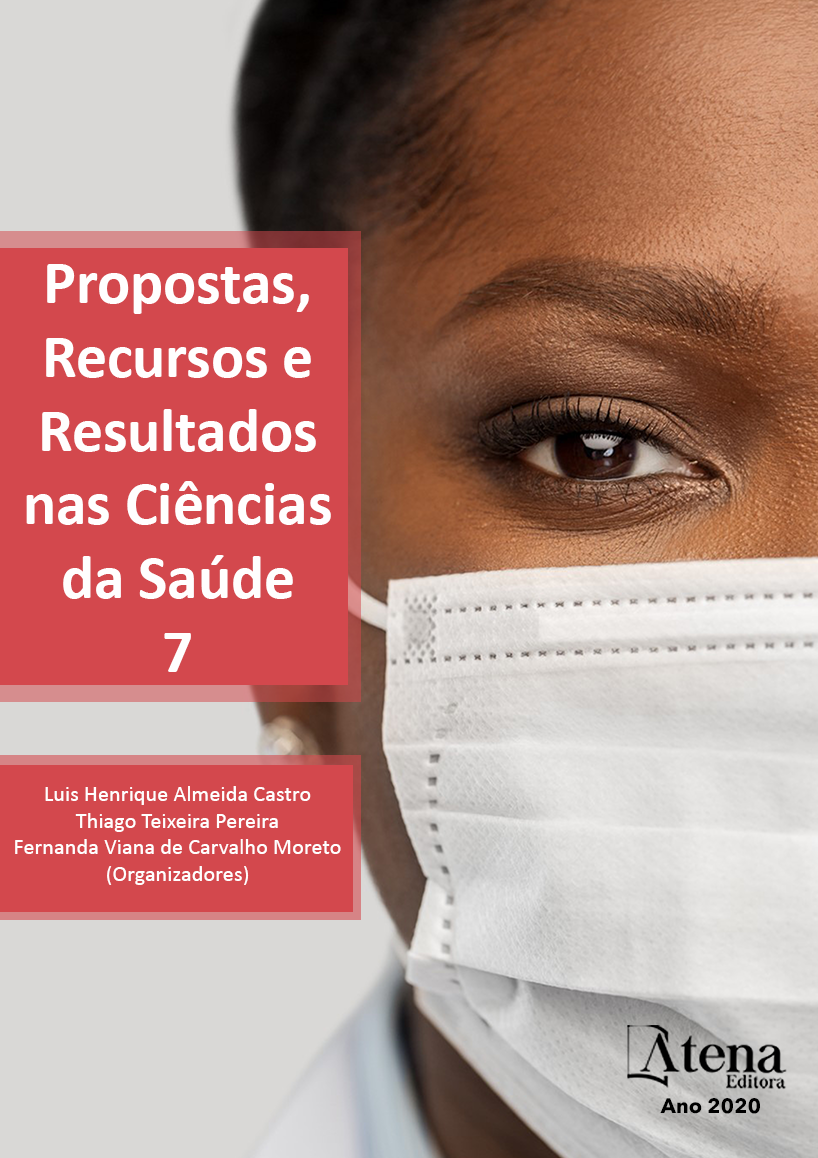
CONCENTRAÇÃO DE FLÚOR EXISTENTE NA ÁGUA CONSUMIDA EM UM MUNICÍPIO DO SUDOESTE DA BAHIA- ZONAS URBANA
Introdução: A água, elemento natural da Terra, é essencial para o homem e, pela presença do mineral flúor, atua diretamente no controle da cárie dentária – principal problema de saúde bucal pública. No Brasil, o processo de fluoretação das águas de abastecimento é o segundo maior do mundo e apresenta efetividade na intervenção do processo carioso. Entretanto, o consumo excessivo desta substância pode levar ao surgimento de efeitos prejudiciais nas fases de formação da estrutura dental. Objetivos: Avaliar os percentuais de flúor na água (de abastecimento público e mineral) consumida na zona urbana de Vitória da Conquista, interior da Bahia; se o processo de fluoretação do sistema de abastecimento municipal tem sido efetivo e, dentre as marcas de água mineral mais consumidas, se apresentam teores benéficos ou maléficos. Metodologia: Serão coletadas amostras de água em diferentes locais do município, em um único dia, junto com águas minerais comercializadas em maior número no mercado local. As amostras serão encaminhadas para análise e quantificação do fluoreto existente nas águas, onde o método colorimétrico fará uma rápida leitura da presença do complexo. Através do teste Tukey os dados obtidos serão analisados estatisticamente. Resultados esperados: Almeja-se o esclarecimento acerca dos teores de flúor presentes na água consumida pela população conquistense; e o fornecimento de alguns subsídios para profissionais da odontologia em relação à saúde bucal, fluoretação, suas vantagens e desvantagens.
CONCENTRAÇÃO DE FLÚOR EXISTENTE NA ÁGUA CONSUMIDA EM UM MUNICÍPIO DO SUDOESTE DA BAHIA- ZONAS URBANA
-
DOI: 10.22533/at.ed.3432024064
-
Palavras-chave: Saúde Pública. Flúor. Odontologia.
-
Keywords: Publichealth. Fluorine. Dentistry.
-
Abstract:
Introduction: Water, a natural element of the Earth, is essential for man and, due to the presence of the mineral fluorine, acts directly in the control of dental caries - the main public oral health problem. In Brazil, the supply water fluoridation process is the second largest in the world and is effective in the intervention of the charitable process. However, excessive consumption of this substance can lead to the appearance of harmful effects in the phases of formation of the dental structure. Objectives: To evaluate the percentage of fluoride in the water (of public and mineral supply) consumed in the urban area of Vitória da Conquista, in the interior of Bahia; if the fluoridation process of the municipal supply system has been effective and, among the most consumed mineral water brands, there are beneficial or harmful levels. Methodology: Water samples will be collected in different locations in the municipality, in a single day, together with mineral waters commercialized in greater number in the local market. The samples will be sent for analysis and quantification of fluoride in the waters, where the colorimetric method will make a quick reading of the presence of the complex. Through the Tukey test, the data obtained will be analyzed statistically. Expected results: The aim is to clarify the levels of fluoride present in the water consumed by the conquering population; and the provision of some subsidies for dental professionals in relation to oral health, fluoridation, its advantages and disadvantages.
-
Número de páginas: 21
- Milena Tavares de Carvalho
- Anne Maria Guimarães Lessa
- Patricia Maria Coelho
- Edite Novais Borges Pinchemel
- Elen Oliveira Cardoso
- Filipe Araújo Conceição
- Alice Cabral Oliveira
- Maria Alice Aguiar Meira Leite
- Natália Alves Costa
- Luane dos Santos Souza
- Josilane Nunes Melo Correia
- Amanda Sousa Roveri


